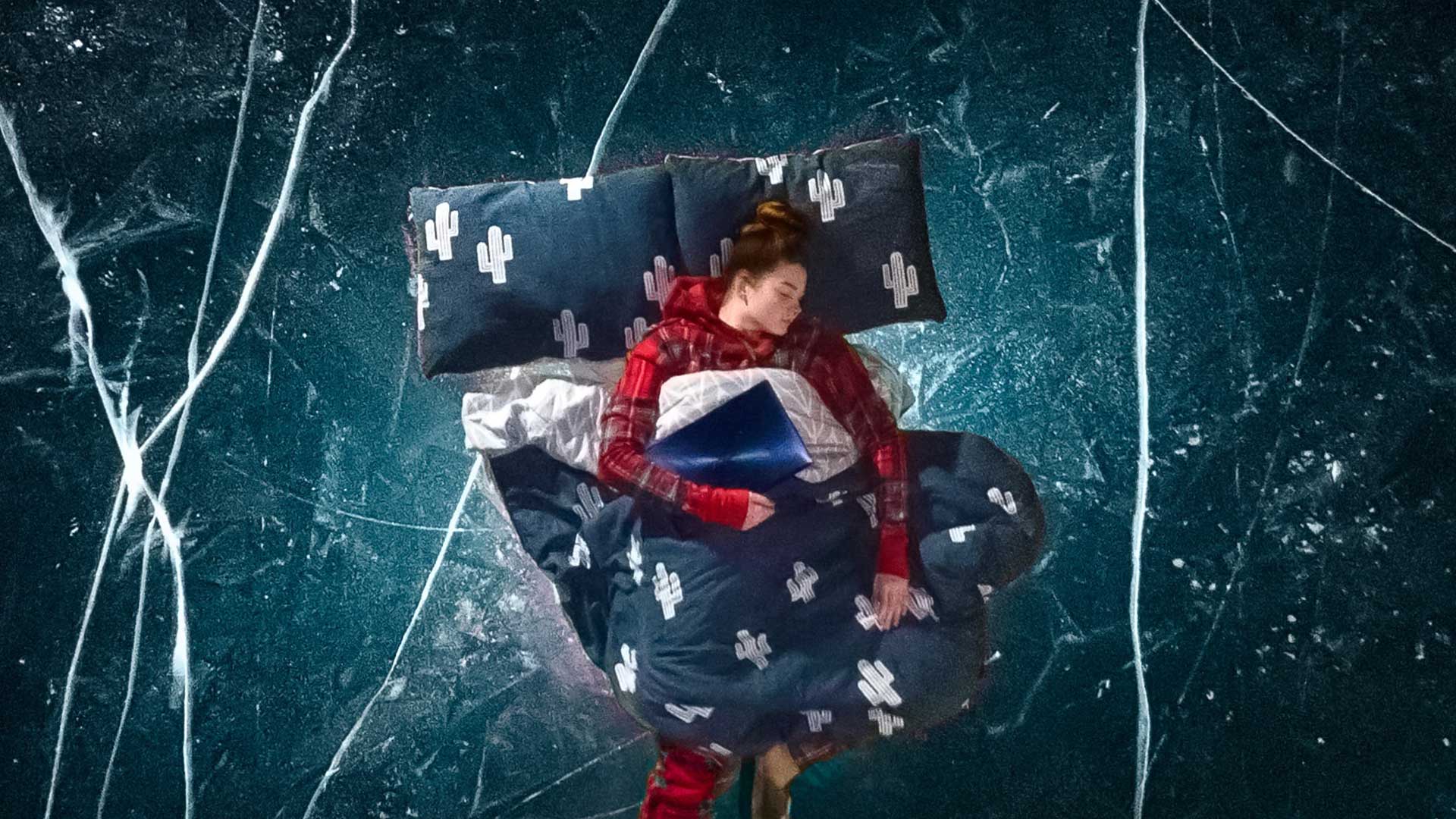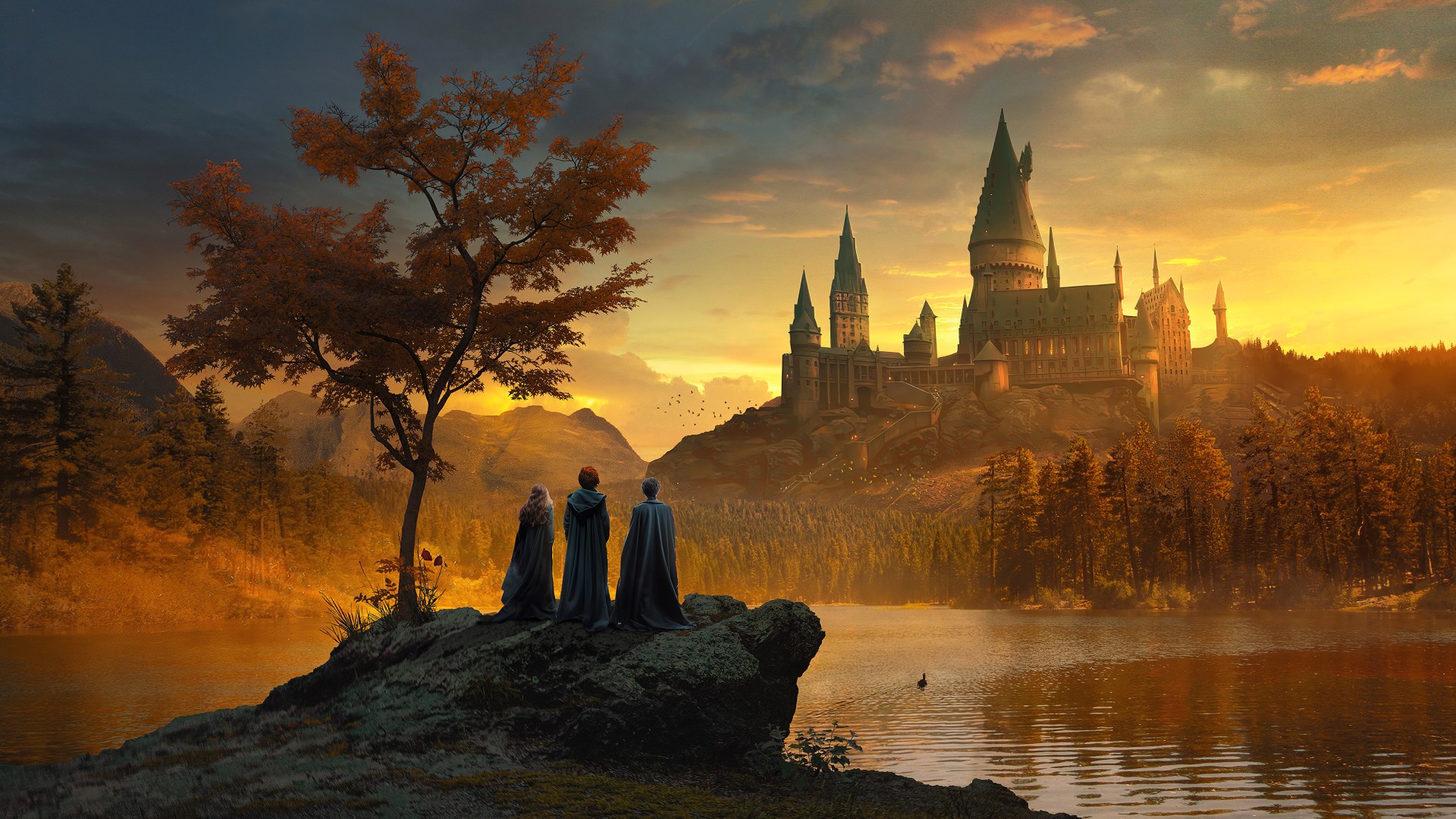How much sleep do you think you need? The answer tends to vary… Margaret Thatcher is famously said to have slept only four hours a night. Winston Churchill on the other hand loved to sleep – indeed he credited his success in leading Britain through World War II to the frequent naps he took.
These days, however, anecdotal evidence for the best way to sleep is being replaced by hard science. Of course, everyone is different – but broadly speaking, it’s safe to say if you’re not getting seven-eight hours a night, you could be compromising your long term health. That’s according to neuroscientist Matt Walker, who has emerged as one of the most prominent sleep experts in the world.
One of the first things to bear in mind is that there are different types of sleep – many are familiar with Rapid Eye Movement (REM) sleep, which is the sleep phase when we dream and is closest to being awake. It’s believed REM sleep aids memory and recall and could help us process emotions. Non-REM sleep (NREM) on the other hand is crucial for physical health – it can literally help us heal and recover from stress too.
There are simple habits and routines that can help ensure you get enough of both. Limit caffeine to the morning hours. Avoid too much alcohol late at night. Both of these are stimulants that can affect the quality of your sleep. Late night feasting can also be disruptive, while cardio exercise late at night can also leave you wide eyed in the wee hours. Give yourself time to unwind, take a hot bath or shower (counterintuitively it cools you down) and keep digital devices out of the bedroom. Above all, try and establish a routine, rather than relying on ‘catching up’ at the weekend. These simple actions really can add years to your life!









Good article!